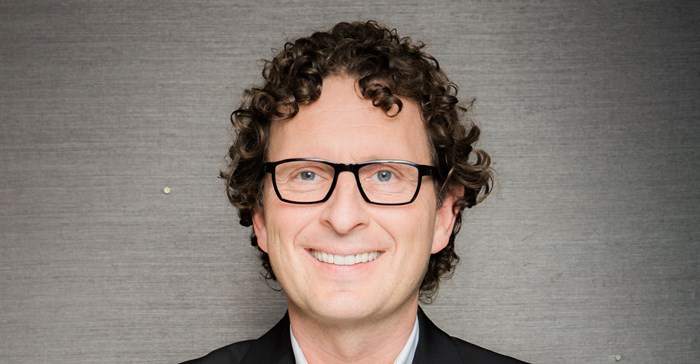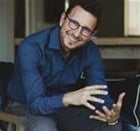There will always be a need for charitable initiatives in the health sector - certainly for as long as there are people who are in need of medical care but who face limited access - either due to availability or economics.
So should we, as private doctors feel obliged to take on such cases and if so, why?
In my opinion we, as doctors, are often given great opportunities to help, and it should be seen as a privilege to get involved and apply skills and experience to help people in need.
However, I do not think this is an obligation; any more so than professionals in other fields. Health-related professions are, to my knowledge, the only ones that have to do community service before they are allowed to register with their professional boards. We have all invested a significant amount of money and time into our profession, including community service time, so providing time and skills for free should definitely be a personal choice.

Prof. Frank Graewe
So why do we do it then?
It’s important to remember that working pro-bono cases can create a massive public awareness around the issue at hand. It can create hope and positivity in society and lead to more public and individual involvement in CSI work. It also gives healthcare workers a hands-on opportunity to give back by doing what they do best. For many health professionals this can be one of the most rewarding activities in their professional and personal lives.
Most of the pro-bono or CSI cases referred to me are severe and complex craniofacial disorders. These are rare congenital disorders and there are only a few specialists in South Africa that have experience in this field. Due to the need for my category of skill, I’ve made the decision to work with a specific CSI model, which ensures that the work is staggered, that public and private sector collaborate and co-ordinate and that follow-ups are possible.
I work closely with organisations like The Smile Foundation, The World Craniofacial Foundation (WCF) and We Love Africa, an initiative that originated during the 2006 FIFA Soccer World Cup and sponsors surgeries for children in need. The collaboration with credible foundations ensures that the accepted applicants have gone through an audited submissions process and that they meet the criteria in terms of the seriousness of their disorder and their lack of access to what, in essence, is an essential surgery. An important part of each project is also creating much needed awareness as many of the children suffer from social alienation.
Working together
While the public healthcare system is involved, given how strained the system is (not just in South Africa), it makes sense (where possible) for private healthcare to take on some of the burden, especially in highly specialised cases. Ideally the two should work hand in hand. Cases where private and public healthcare workers cooperate to form a strong and effective liaison often have the most effective results.
There are also alternative roles that private healthcare can take on as part of a charitable case. From donating time, expertise and money to making theatre time and consumables available for surgery cases, all of these could help relieve the pressure on the overworked public sector in South Africa.
And it is very important that the care continues even after the surgery has taken place. Depending on the initial diagnosis, the severity of the condition and the type of procedure that has been performed, a lot of craniofacial procedures are staged procedures with a longer-term goal and need to be planned with this in mind.
Something life-defining
As doctors, if we accept the responsibility of treating a patient, we must remain committed and make sure we achieve the best possible outcome. The additional time that needs to be invested must be taken into consideration with pro-bono requests.
Taking all of the above into account, the bottom line for me is that there is something life defining about changing a child’s life – a child that would not ordinarily have had a chance at a normal life. So, I do donate my time, energy and expertise into “giving back” where I can. But it’s a choice I made.









































